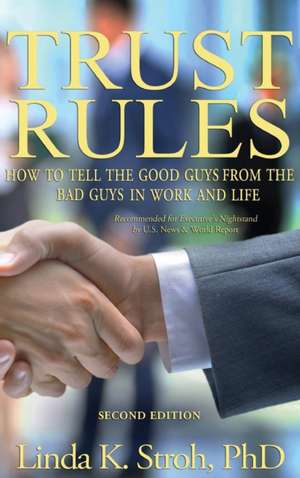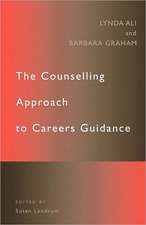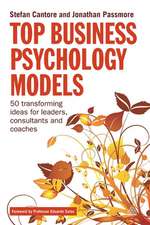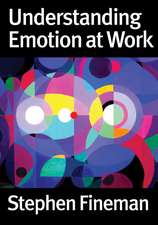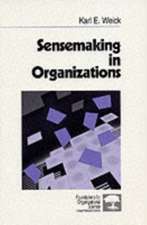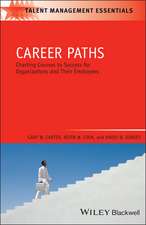Trust Rules: How to Tell the Good Guys from the Bad Guys in Work and Life
Autor Linda K. Stroh Cuvânt înainte de Faye J. Crosbyen Limba Engleză Hardback – 8 sep 2015 – vârsta până la 17 ani
Preț: 308.89 lei
Preț vechi: 416.02 lei
-26% Nou
Puncte Express: 463
Preț estimativ în valută:
59.12€ • 61.55$ • 49.96£
59.12€ • 61.55$ • 49.96£
Carte tipărită la comandă
Livrare economică 10-24 martie
Preluare comenzi: 021 569.72.76
Specificații
ISBN-13: 9781440840647
ISBN-10: 1440840644
Pagini: 240
Dimensiuni: 156 x 235 x 18 mm
Greutate: 0.54 kg
Ediția:Revised
Editura: Bloomsbury Publishing
Colecția Praeger
Locul publicării:New York, United States
ISBN-10: 1440840644
Pagini: 240
Dimensiuni: 156 x 235 x 18 mm
Greutate: 0.54 kg
Ediția:Revised
Editura: Bloomsbury Publishing
Colecția Praeger
Locul publicării:New York, United States
Caracteristici
Gives readers effective methods for dealing with forgiveness, coping, and reconciliation; managing "conditional" trust relationships; and for becoming more trustworthy to themselves
Notă biografică
Linda K. Stroh, PhD, is a Loyola University Faculty Scholar and emeritus professor at the Quinlan School of Business, Loyola University, Chicago.
Cuprins
Foreword by Faye J. Crosby, PhDAcknowledgmentsIntroductionChapter 1 What's Trust All About?Chapter 2 Telling the Good Guys from the Bad Guys at WorkChapter 3 Telling the Good Guys from the Bad Guys in LifeChapter 4 Comparing Work and Life Trust RulesChapter 5 How Is It That We Fool Ourselves?Chapter 6 Where Do I Fit into All of This?Chapter 7 Telling the Truth about Telling the TruthChapter 8 Trust, Emotions, and Striving to Reach ResourcefulnessChapter 9 Using the Trust Rules ToolkitChapter 10 Those Conditional Trust RelationshipsChapter 11 Building Trust in Our FamiliesChapter 12 Leadership and TrustChapter 13 Trust in the Digital AgeChapter 14 Living and Working with Untrustworthy PeopleChapter 15 Shattered Trust: Why Do Those Bad Guys Do That Bad Stuff?Chapter 16 What about a Second Chance?Chapter 17 What Is Forgiveness?Chapter 18 ReconciliationChapter 19 How to CopeChapter 20 Looking Inward: Am I a Good Guy?Chapter 21 Can You Trust Yourself?Chapter 22 Final Thoughts about Trust in Our LivesAppendix: The Trust Rules ToolkitBibliographyIndexA Note to the ReaderAbout the Author
